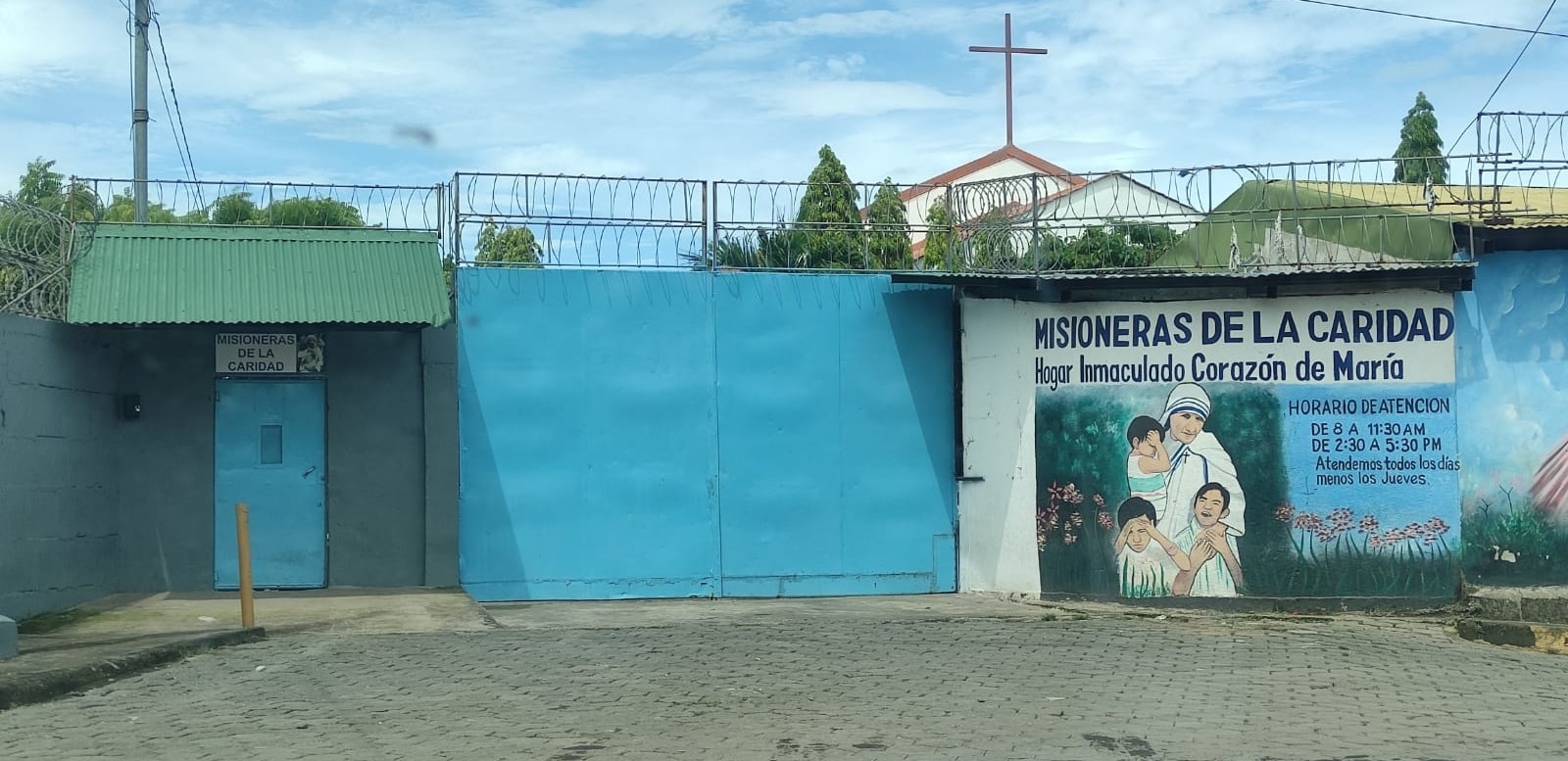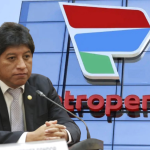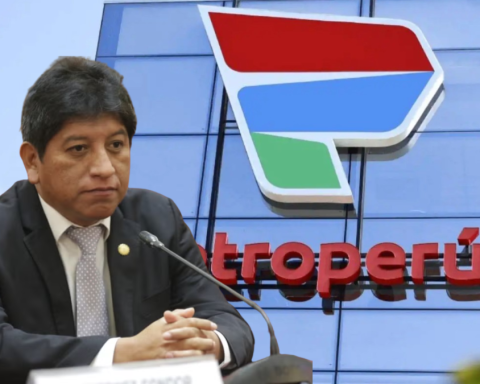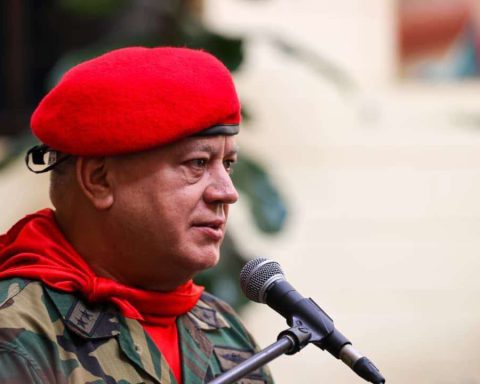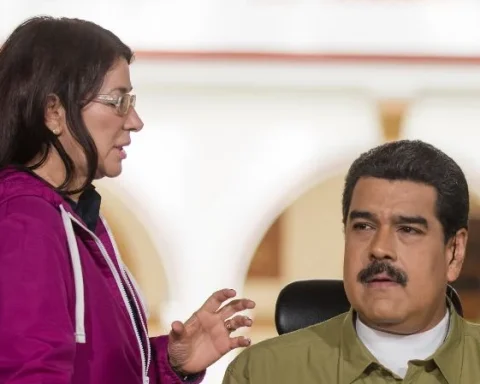A police device has been maintained since the afternoon of this Wednesday, June 29, at the entrances to the Immaculate Heart of Mary Home, in Granada, where six Missionaries of Charity still remain. At 1:30 p.m. that day, a police patrol parked near the main entrance of the place, about five riot police got out, who stood in formation and were aware of any movement around the building, they confirmed to CONFIDENTIAL neighbors of the area.
The police siege continued all afternoon, after the Parliament, dominated by the Sandinista Front, made official the cancellation of the legal status of the religious congregation, as part of a list of 101 NGOs that were outlawed in a single decree.
Sources close to the premises indicated that the harassment continues this Thursday, June 30, but now the police patrol is parked at the entrance to the Home. Line agents and riot police are stationed at the doors and gates of the premises. Meanwhile, some residents still come to collect donations and supplies.
The Missionaries of Charity Association ran a nursery, a home for abused or abandoned girls, a nursing home, and carried out a school reinforcement project, which they began to close on June 15.
Sisters cannot stay in Nicaragua
One of the sisters of the Congregation assured, through a telephone call, this Thursday morning, that their charitable works were closed, but that they still remained in the country, although she does not know for how long and they do not have more information. about their immigration status.
– Do you have a deadline to leave the country?
“We until immigration tells us to see if we can leave.” “We are still here. They still haven’t arrived from the government.”
Do you know how long they will be here?
“No, we don’t know”
– Can you leave at any time?
“If we can go out”
– What do you expect from Immigration?-
“We don’t know anything, we only know that we have to go, but we don’t know when, how, nothing. I think that they are going to notify us – in reference to the Migob-”, replied the nun, and asked them to pray for all the missionaries.
The official campaign against the Order, created on August 16, 1988 during the first Sandinista regime (1979-1990), and whose opening took place after a visit to Nicaragua by Mother Teresa of Calcutta, in which she met with Daniel Ortega —who was in the presidency—, there is a context of greater repression against religious and priests.
Ortega’s new attack against the Church has included more police harassment and targeted persecution, as occurred with Monsignor Rolando José Álvarez, bishop of the Diocese of Matagalpa and apostolic administrator of the Diocese of Estelí, and the priest Harving Padilla, in the San Juan parish. Baptist in Masaya.
In addition to the imprisonment of the priest Manuel García Ramírez, who was sentenced to two years in prison for the crime of threatening with weapons, and faces another case for alleged violence.
Migob’s arguments against the Missionaries of Charity
According to a report from the Migob’s General Directorate of Registration and Control of Non-Profit Organizations (NPOs), the Missionaries of Charity “have failed to comply with their obligations” under the law that regulates them, and the Money Laundering Law, the Financing of Terrorism and the Financing of the Proliferation of Weapons of Mass Destruction.
The Government maintained that the Missionaries of Charity are not accredited by the Ministry of Family to function as a nursery, child development center or girls’ home or nursing home, nor do they have permission from the Ministry of Education to carry out learning reinforcement.
In addition, they did not report fixed assets, and the activities of their headquarters in the city of Granada, located in the southwest of the country, were not reported: girls’ home, dining room, nursery and learning reinforcement. However, these activities were known to the Government, which was even highlighted through a report published in an official media, in August 2016, in the context of the canonization of the founder of the Order.
The Migob points out that the balances of income from donations do not coincide with those reported in the reports presented, and they do not present formal accounting of their assets with generally accepted accounting systems, according to official information.
Another reason to dissolve that NGO, alleged the Government, is that the board of directors is made up only of citizens of other nationalities, and the new law that regulates them —Law 1115—, in force for two months, establishes that only 25% of the people who make up the board may be foreigners.
